
Smith of Wootton Major
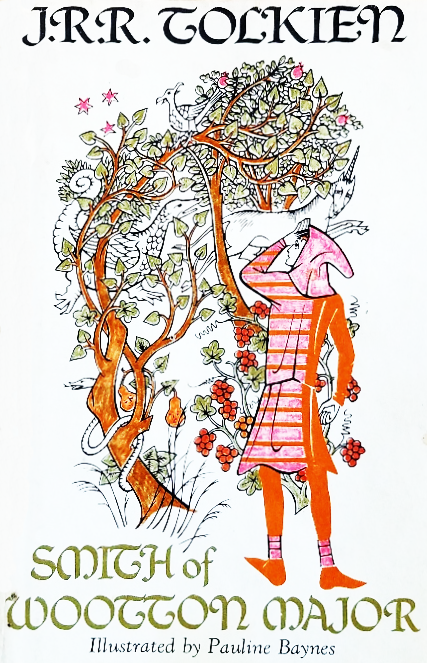 Smith of Wootton Major is JRR Tolkien’s final completed work of fiction, published in 1967. The short novella explores themes of Faërie, creativity, and the passing of a gift.
Smith of Wootton Major is JRR Tolkien’s final completed work of fiction, published in 1967. The short novella explores themes of Faërie, creativity, and the passing of a gift.
The story begins in the village of Wootton Major, known for its traditional festival held once every twenty-four years: The Feast of Good Children. The highlight is the Great Cake, baked by the Master Cook. For one such feast, a new Master Cook, the unimaginative Nokes, is convinced by his knowledgeable apprentice, Alf, to hide trinkets in the cake, including a small silver star that Alf calls “fay.”
A blacksmith’s son, simply called Smith, accidentally swallows the star. On his tenth birthday, the star magically appears fixed upon his forehead, invisible to most but serving as a passport into the perilous realm of Faërie. As Smith grows to adulthood, he becomes a master craftsman, his work infused with the wonder he finds in his travels. He uses the star to wander into the land of Elves, seeing its beauty and danger, and even catching a glimpse of the King and Queen of Faërie.
After more than two decades, the time for the next Great Cake feast arrives. Now an older man, Smith must voluntarily relinquish the star so that the gift of Faërie – the ability to experience and create wonder – can be passed on to a new child. Smith’s peaceful surrender and the continuity of the magical gift are central to the story, often interpreted as Tolkien’s own valedictory statement on his life’s work and the power of Fantasy itself.
Dates of January 1st indicate that the exact day of the year is not known.
 Joachim Höppner
Joachim Höppner
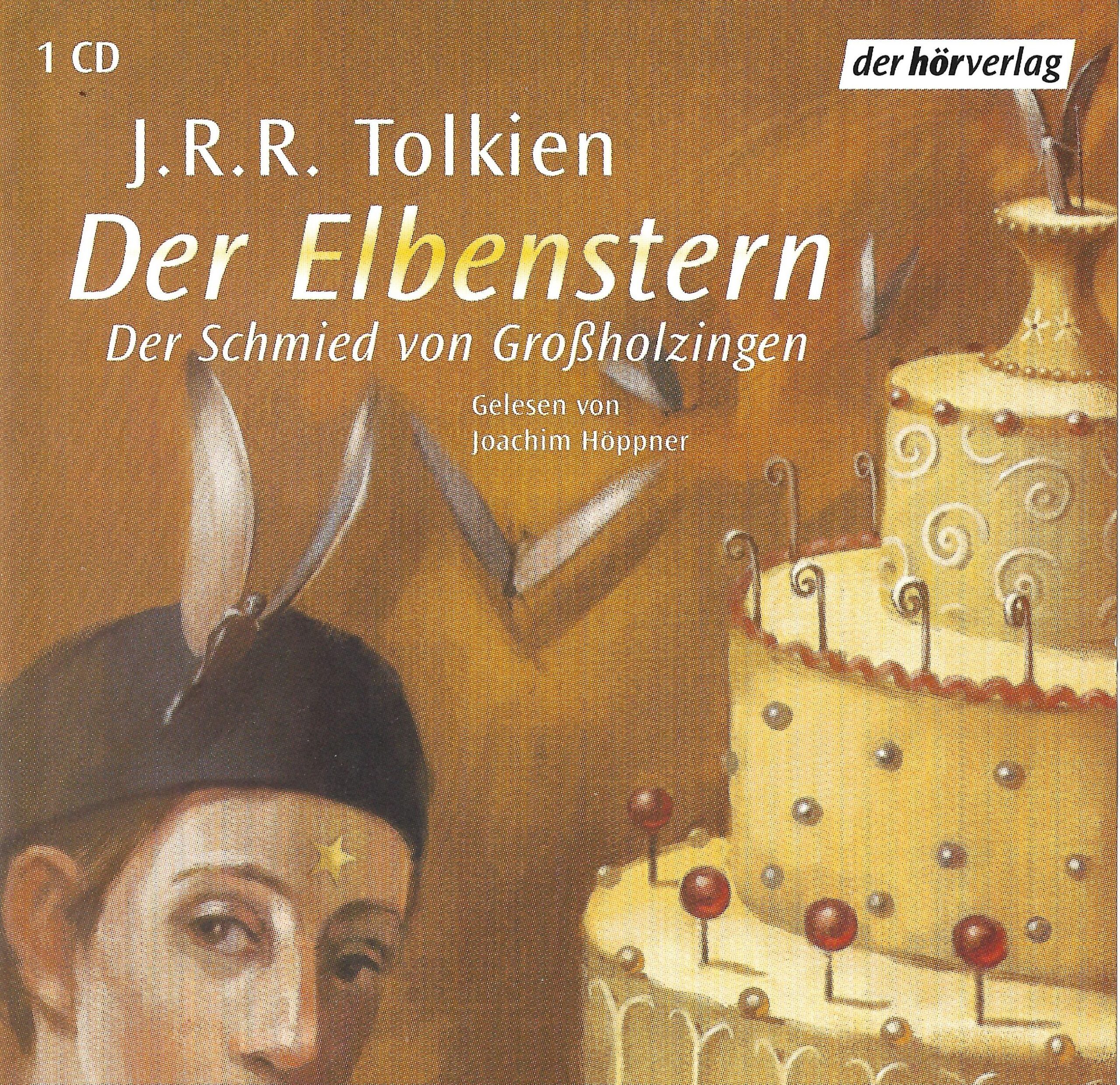 Der Elbenstern: Der Schmied von Großholzingen
Der Elbenstern: Der Schmied von Großholzingen
Der Hörverlag produced unabridged German reading
 Derek Jacobi
Derek Jacobi
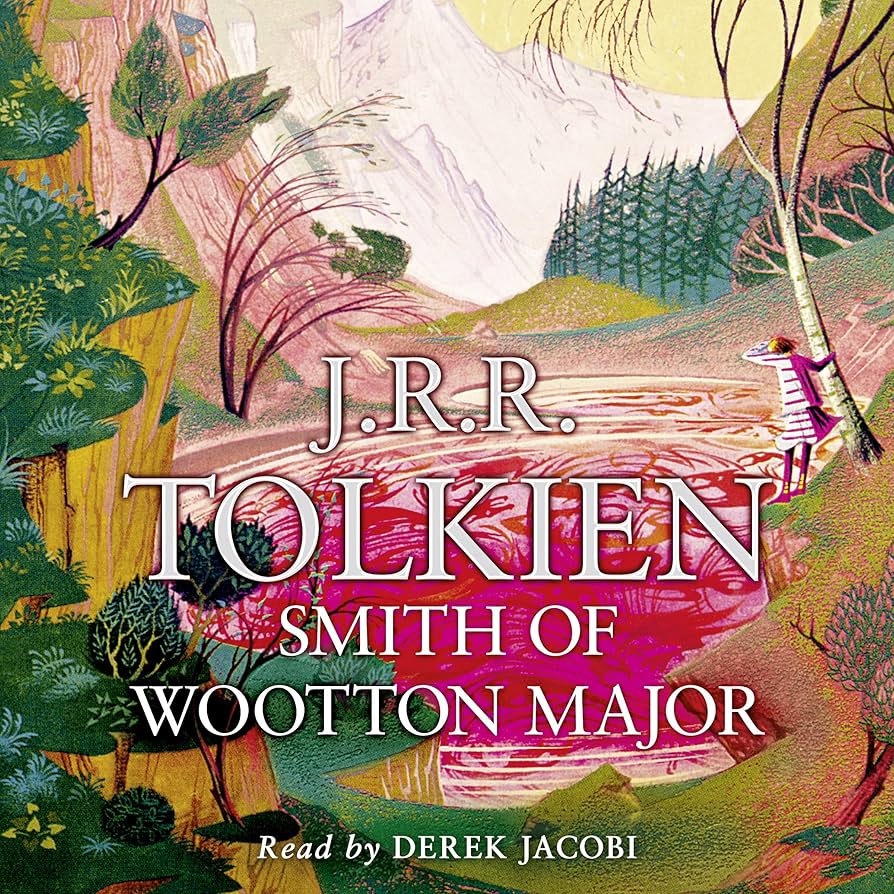 HarperCollins produced unabridged English reading
HarperCollins produced unabridged English reading
 Tomas Norström
Tomas Norström
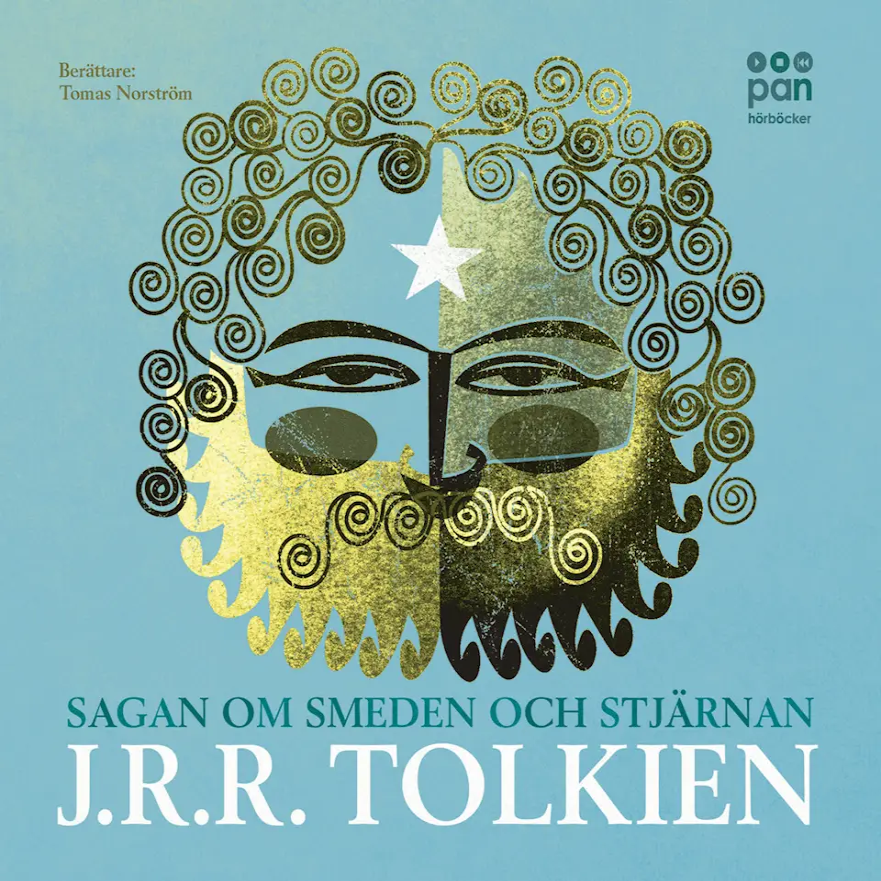 Sagan om smeden och stjärnan
Sagan om smeden och stjärnan
Pan hörböcker produced unabridged Swedish reading
 Bjørn Fougner
Bjørn Fougner
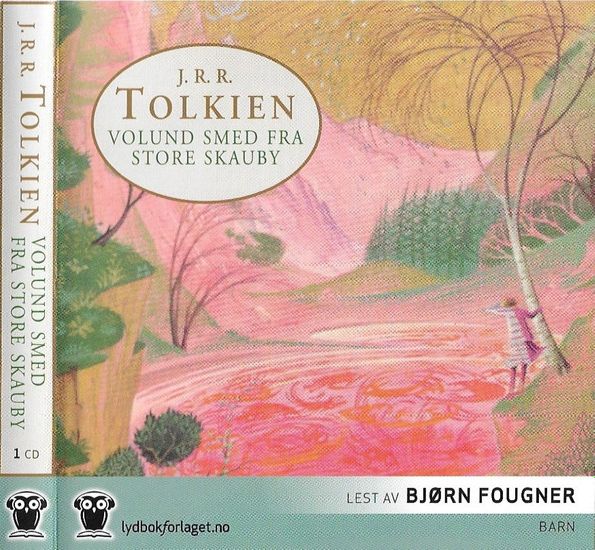 Volund Smed fra Store Skauby
Volund Smed fra Store Skauby
Lydbokforl produced unabridged Norwegian reading
 Markus Bäckman
Markus Bäckman
 Seppä ja Satumaa
Seppä ja Satumaa
WSOY produced unabridged Finnish reading
